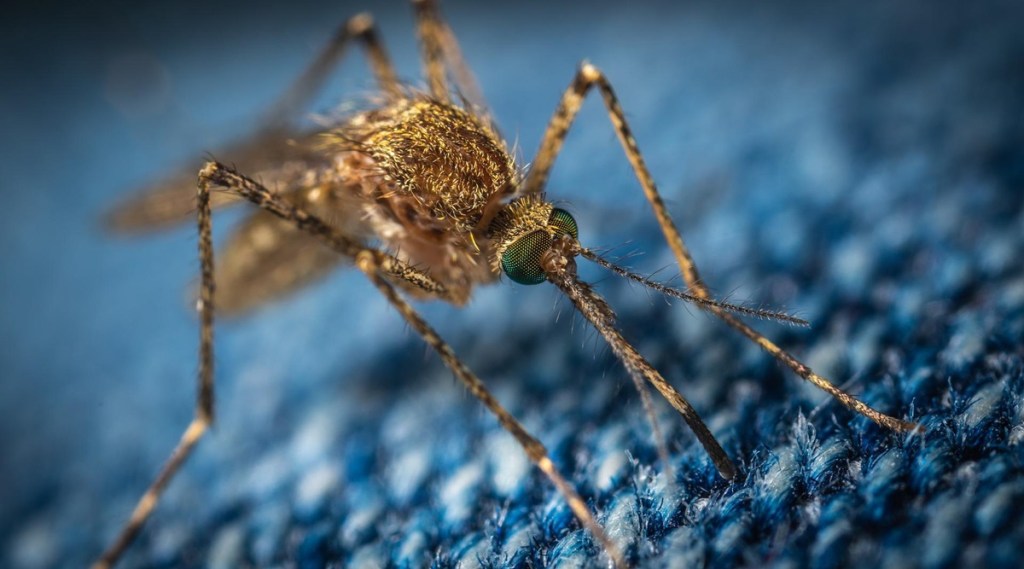World Malaria Day 2024: Malaria, caused by plasmodium parasite-infected mosquitoes, is a life-threatening disease. The vector-borne disease is extremely common in tropical and subtropical countries. According to the World Health Organization (WHO), there were an estimated 249 million malaria cases and 608,000 malaria deaths in 85 countries in 2022 globally.
Every year April 25 is marked as World Malaria Day to signify the efforts to end the disease from the root and spread awareness among people. The theme for this year is “Accelerate the fight against malaria for a more equitable world.”
The WHO maintains that malaria is preventable and curable. But how long does it take to recover from malaria? According to experts, it takes about two weeks of treatment to be cured of malaria. However, in some individuals, relapses are possible.
World Malaria Day 2024: How to recover from malaria quickly?
Recovery from malaria requires a combination of medical treatment, proper rest, and supportive care. Dr Anurag Aggarwal, Consultant, Internal Medicine, Fortis Escorts Hospital Faridabad highlights essential steps to recover quickly from malaria:
- Seek Prompt Medical Attention: Early diagnosis and treatment are crucial for a quick recovery. Visit a healthcare provider as soon as you suspect malaria or if you’ve been in an area where malaria is prevalent.
- Follow Prescribed Antimalarial Treatment: Complete the entire course of prescribed antimalarial medication, even if you start feeling better before finishing it. The choice of medication depends on the type of Plasmodium parasite, the severity of symptoms, and any drug resistances in the region where the infection was acquired.
- Stay Hydrated: Drink plenty of fluids to stay hydrated. Dehydration can complicate the recovery process, so it’s important to consume water, herbal teas, or oral rehydration solutions.
- Get Plenty of Rest: Your body needs energy to fight the infection and recover. Ensure you get adequate rest and avoid strenuous activities until you feel better.
- Manage Symptoms: Over-the-counter (OTC) medications like acetaminophen (Tylenol) or ibuprofen (Advil) can help reduce fever and relieve pain. However, always consult with your healthcare provider before taking any OTC medications to avoid potential interactions with antimalarial drugs.
- Nutritional Support: Eat a balanced diet with plenty of fruits, vegetables, lean proteins, and whole grains to support your immune system. Some patients may experience nausea or lack of appetite, but it’s important to try to maintain an adequate nutrient intake.
- Avoid Mosquito Bites: Protecting yourself from further mosquito bites is important to prevent reinfection. Use insect repellent, sleep under insecticide-treated mosquito nets, and wear long-sleeved shirts and long pants if you’re in a mosquito-prone area.
- Follow-Up Care: Attend all follow-up appointments with your healthcare provider. Monitoring is important to ensure that the infection is completely cleared and to address any complications from the illness or side effects from the treatment.
- Recognize Symptoms of Complications: Be aware of the symptoms of severe malaria or complications, such as severe anemia, difficulty breathing, or changes in consciousness. If you experience any of these, seek medical attention immediately.
“Recovery time can vary depending on the individual’s general health, the type of malaria, and how quickly treatment was initiated. While some may start feeling better within a week, others may take longer to fully recover. Remember, malaria can recur, so maintaining preventive measures and monitoring for symptoms is important, especially if you’re in or have recently traveled to high-risk areas,” Dr Aggarwal told Financial Express.com.
World Malaria Day 2024: How to prevent malaria?
To protect yourself from mosquito bites, you should follow these tips:
- Cover your skin.
- Apply insect repellent to the skin.
- Apply repellent to clothing.
- Use mosquito nets while sleeping at night
“People need to ensure that there is no stagnant water or discarded pots and coconut shells around their homes, as this can be a fertile breeding ground for mosquitoes and enhance the risk of people getting affected by malaria. Infants and young children are most vulnerable. Pregnancy reduces immunity so expecting mothers should be careful and take necessary precautions to avoid getting bitten by mosquitoes. Fever with sweating or chills, headache and muscle ache, fatigue, chest pain, diarrhea, nausea and vomiting are some of the symptoms of malaria. If these symptoms persist for more than two days, patients must visit a general physician,” Dr Adarsh Nayak, General Physician, Trilife Hospital said.


